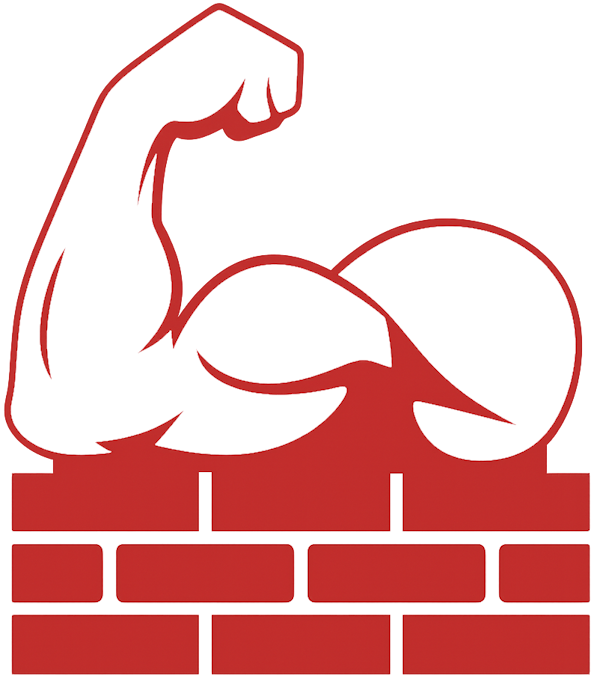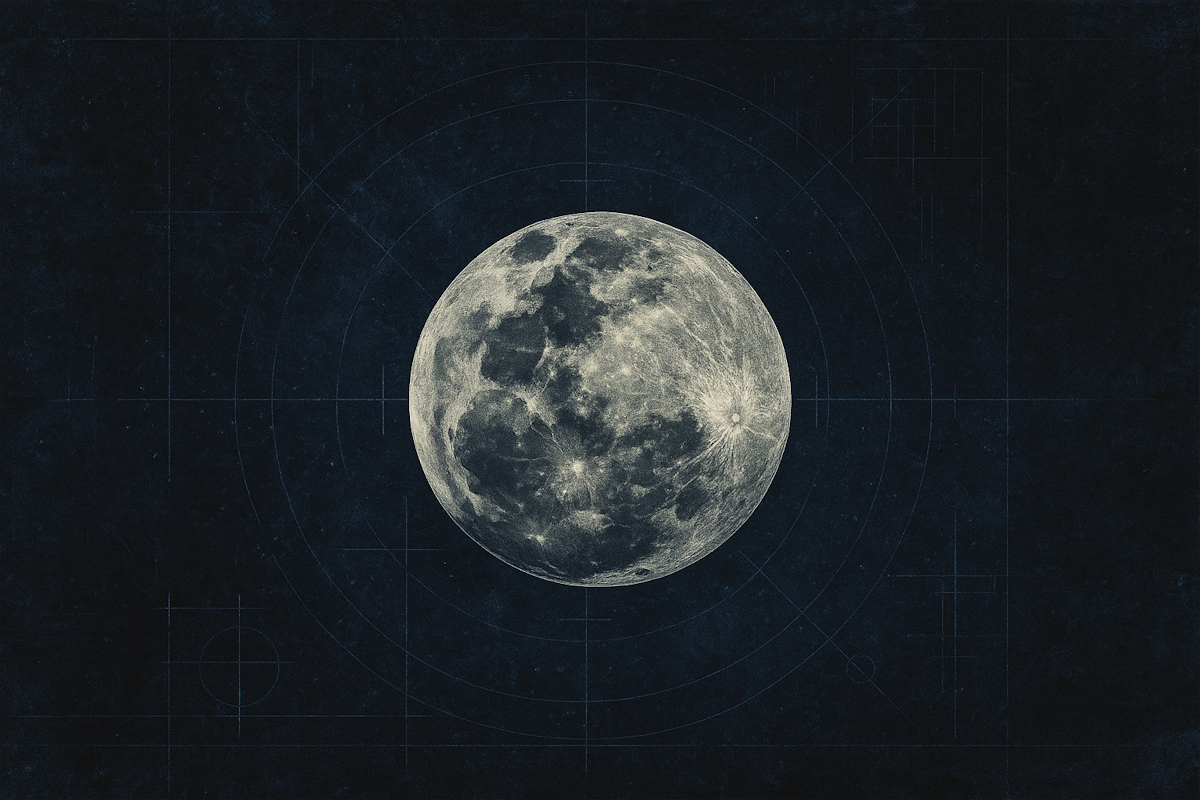You tear it down in the gym. You feed it in the kitchen.
But you build it in bed.
Indeed, you don’t grow in the gym. You grow mostly in your sleep. This means that you could train like a savage, eat like a warrior, and dial in every supplement—but if your sleep sucks, your results will too. Sleep isn’t optional. It’s the most anabolic thing you’re not doing enough of.
This isn’t just about recovery—it’s about growth, strength, hormones, energy, and survival.
Let’s break it down.
Recovery Hormones: Growth & Testosterone Happen in the Dark
As I said earlier, muscle tissue doesn’t grow while you’re pushing iron—it grows afterward, during rest. And sleep is the #1 driver of recovery because that’s when your body drops its biggest anabolic bombs.
Growth Hormone:
During deep (slow-wave) sleep, your body releases growth hormone (GH) at its highest levels (Van Cauter et al., 2000)—which drives:
- Protein synthesis
- Muscle repair
- Tissue regeneration
- Fat metabolism
But skip sleep and you’re choking that flow off at the source.
Less sleep = less GH = weaker recovery and slower gains.
Testosterone:
You already know T is the masculine engine—fuel for size, strength, and sex drive.
But did you know sleep loss tanks it?
In one study, men who slept only 5 hours a night for a week had testosterone levels 10–15% lower than normal (Leproult & Van Cauter, 2011).
Let that sink in: just one bad week, and you’re walking around with the hormonal profile of a man a decade older.
Bottom Line: You can’t be a beast in the gym if you’re a zombie in the bedroom.
Mental Performance: Sleep Sharpens the Sword
Ever tried hitting the gym after just 4 hours of junk sleep?
You’re weaker. Slower. Foggy. Unmotivated.
That’s not a mindset problem. That’s biology kicking your ass.
Sleep deprivation directly wrecks:
- Reaction time
- Focus and concentration
- Cognitive processing speed
- Coordination and balance
- Mood and motivation
Research shows it clearly: Poor sleep tanks your brain and your gains.
A 2019 study published in Sports found that reduced sleep quality led to decreased strength, slower reaction times, and lower motivation in trained athletes (Vitale et al., 2019).
Other studies have found that even a single night of sleep loss can impair attention, working memory, and executive function—all critical to athletic and mental performance (Alhola & Polo-Kantola, 2007).
Think Sandow, Mead, Gironda, Reeves—they didn’t build legendary physiques by skipping sleep.
They sharpened the sword. Every damn night.
Sleep and Fat Loss: Your Secret Weapon
Sleep doesn’t just build muscle—it burns fat.
When you don’t sleep enough, your hunger and cravings go berserk. That’s because poor sleep causes:
- 🔼 Ghrelin (hunger hormone) to rise
- 🔽 Leptin (satiety hormone) to drop
Result? You eat more, crave junk, and struggle to stop. Especially when cortisol’s jacked up too.
In a landmark study, those who slept less had 22% more ghrelin and 15% less leptin—and were more likely to gain fat (Taheri et al., 2004).
Cutting calories and hitting cardio? Great. But if you’re not sleeping, you’re sabotaging your shred, brother.
Cortisol: The Catabolic Killer
Testosterone and GH aren’t the only hormones at play here. There’s another one lurking in the dark—catabolic, destructive, relentless.
Cortisol.
Sleep deprivation jacks this hormone up, big time.
What is cortisol? It’s a stress hormone that literally breaks down muscle tissue and stores fat, especially around the midsection.
High cortisol = low recovery, high inflammation, low testosterone, and poor sleep…creating a vicious cycle (Spiegel et al., 1999).
Want to kill your gains? Keep pulling all-nighters. Want to build like a machine? Sleep like a baby.
How Much Sleep Do You REALLY Need?
Forget the nonsense of “I get by on 5.” You survive on 5. You don’t thrive.
▶️ Ideal for Musclebuilding Males: 7.5 to 9 hours per night. Some athletes need more.
It’s not just the quantity—it’s the quality too. 9 hours of crappy sleep won’t do jack.
You need full sleep cycles—especially deep sleep (for recovery) and REM (for brain and mood). Interrupted sleep = broken musclebuilding chemistry.
Brickwall’s Sleep Tips for Maximum Sleep Gains:
- ☀ Get morning sunlight daily to reset your clock
- 📵 No screens 60+ mins before bed (blue light crushes melatonin)
- 🌑 Keep a dark, cold, quiet room = sleep fortress
- ⏰ Keep a regular sleep schedule = stronger circadian rhythm
- ☕ Cut caffeine after 2PM (or even earlier)
- 📖 Create a wind-down ritual: read, stretch, journal
- 🌿 Supplements (optional): magnesium, glycine, L-theanine
Brother, This Is Non-Negotiable
Sleep is the anabolic bedrock of everything you’re building.
You can’t out-train a sleep deficit. You can’t out-eat broken recovery. You can’t “grind through” low testosterone and expect greatness.
Etch this into your training journal.
So tonight, skip the scroll. Kill the lights. And let your body rebuild itself into the beast you’re meant to be.
Your Mission:
Tonight, get 8 solid hours. Do it for your muscles. Do it for your mind. Do it for your future.
And tomorrow, hit the gym like a damn wrecking ball.
Sources
Van Cauter, E., Plat, L., & Copinschi, G. (2000). Endocrine Physiology of Sleep. The Journal of Clinical Endocrinology & Metabolism, 85(3), 6664. https://pubmed.ncbi.nlm.nih.gov/10984255/
Leproult, R., & Van Cauter, E. (2011). Effect of 1 Week of Sleep Restriction on Testosterone Levels in Young Healthy Men. JAMA, 305(21), 2173–2174. https://pubmed.ncbi.nlm.nih.gov/21632481/
Vitale, K. C., Owens, R., Hopkins, S. R., & Malhotra, A. (2019). Sleep quality and duration impact performance in elite athletes. Sports, 7(10), 217. https://pubmed.ncbi.nlm.nih.gov/31288293/
Alhola, P., & Polo-Kantola, P. (2007). Sleep deprivation: Impact on cognitive performance. Neuropsychiatric Disease and Treatment, 3(5), 553–567. https://pubmed.ncbi.nlm.nih.gov/19300585/
Spiegel, K., Leproult, R., & Van Cauter, E. (1999). Impact of Sleep Debt on Metabolic and Endocrine Function. The Lancet, 354(9188), 1435–1439. https://pubmed.ncbi.nlm.nih.gov/10543671/
Taheri, S., Lin, L., Austin, D., Young, T., & Mignot, E. (2004). Short Sleep Duration Is Associated with Reduced Leptin, Elevated Ghrelin, and Increased Body Mass Index. PLOS Medicine, 1(3), e62. https://pubmed.ncbi.nlm.nih.gov/15602591/

